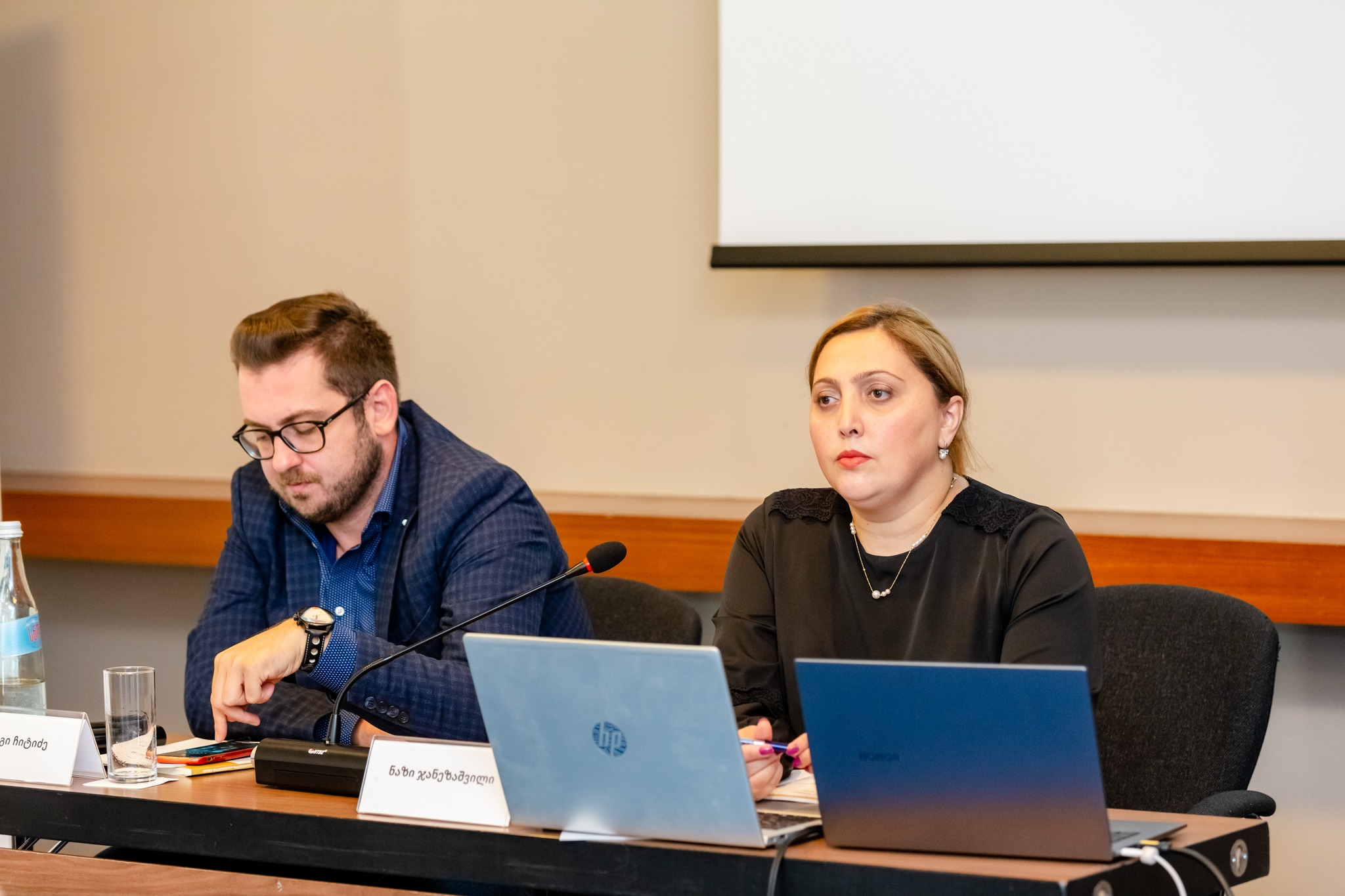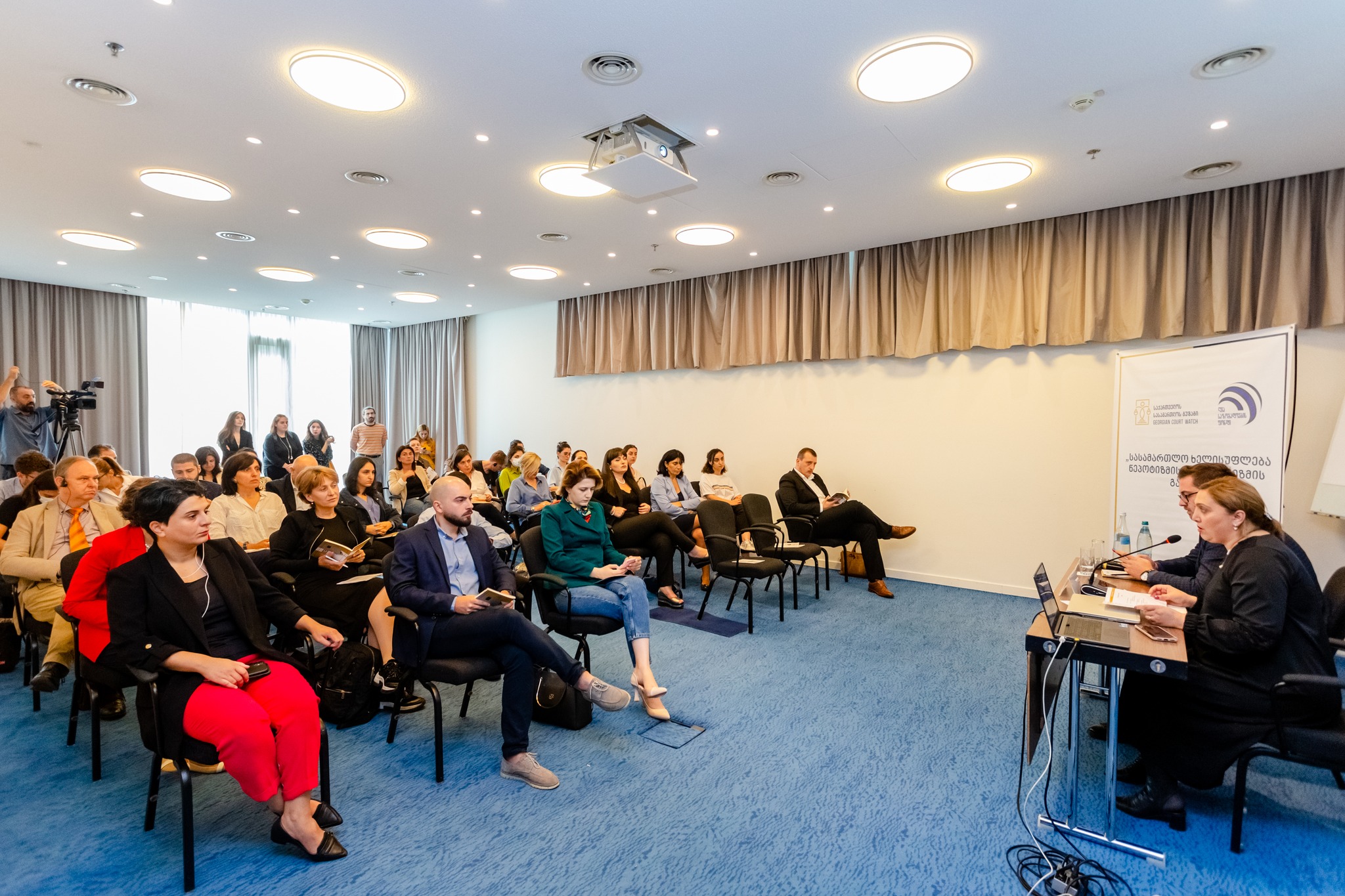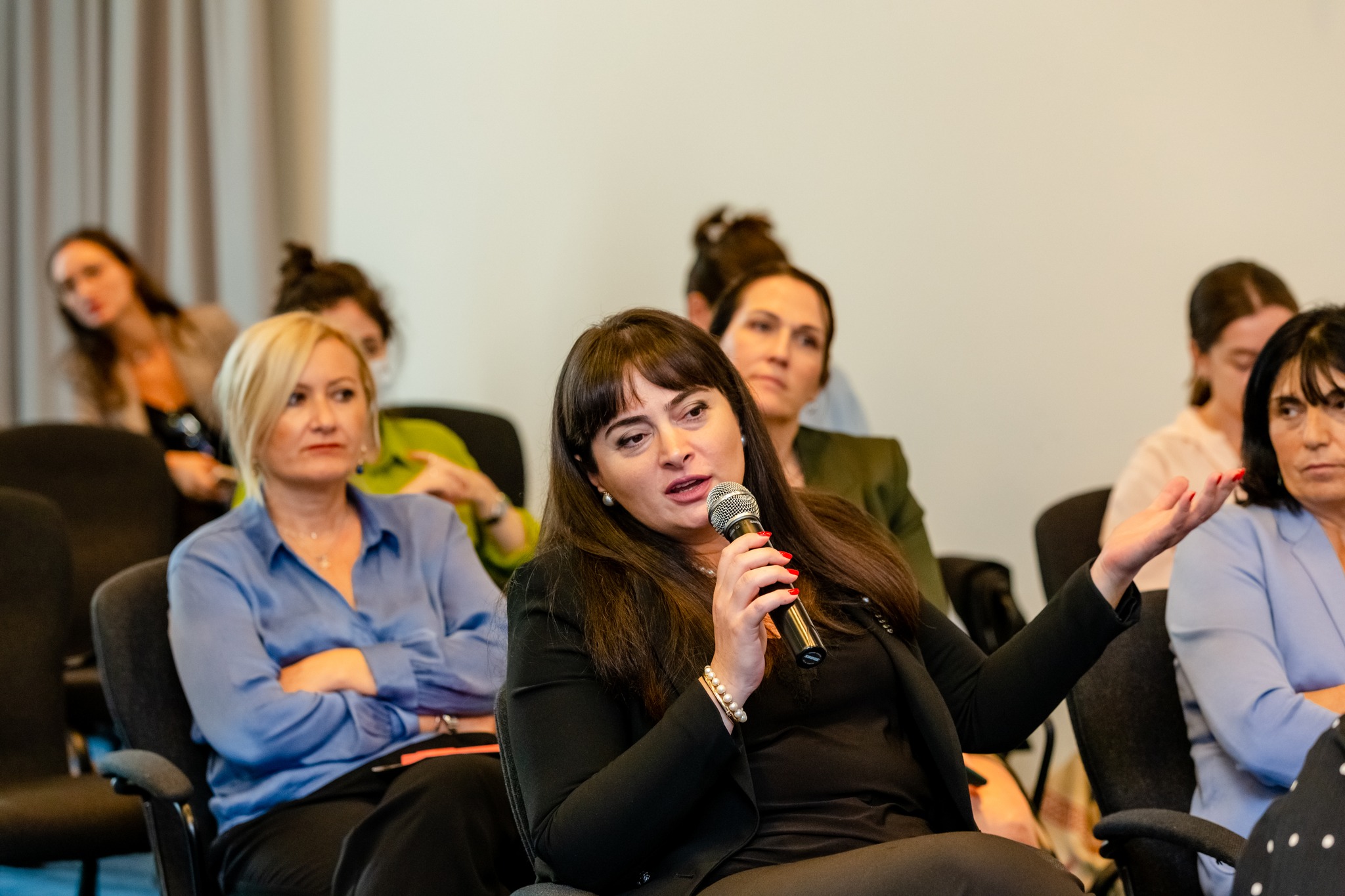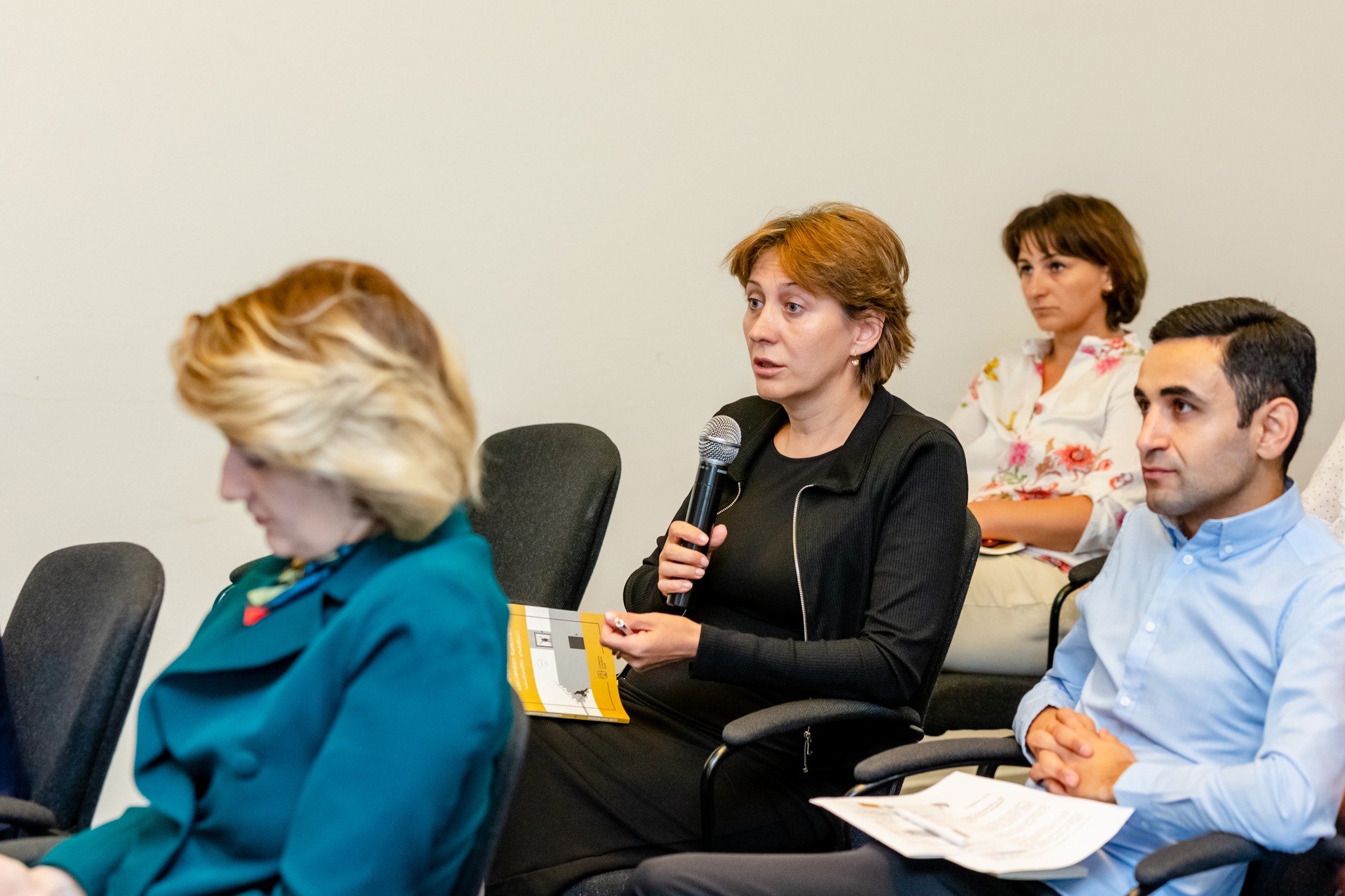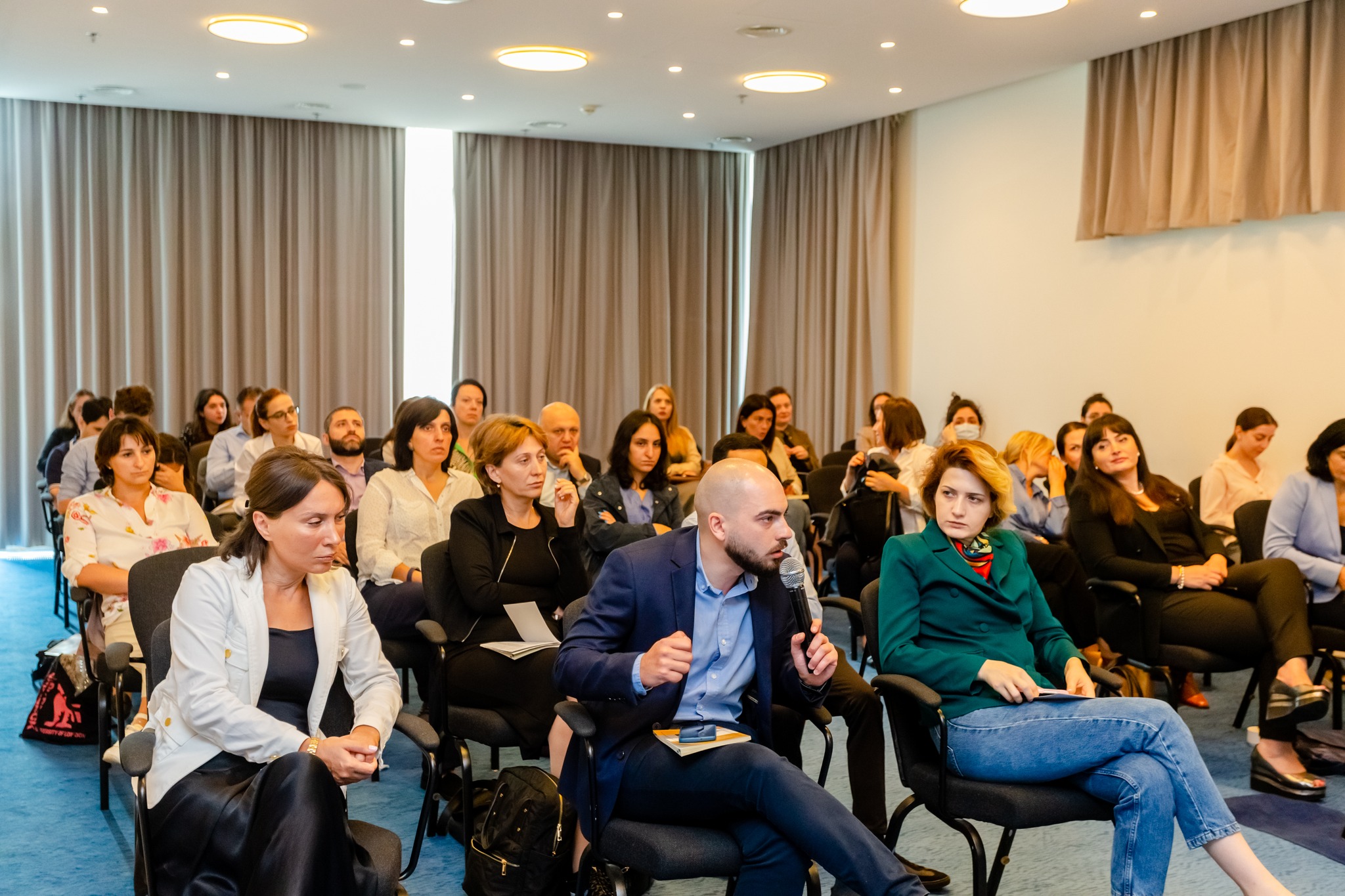On September 22, 2022, the Georgian Court Watch presented a study: Factors Contributing to Nepotism and Cronyism in the Judicial System.” It is based on 30 in-depth interviews conducted by Georgian Court Watch with current and former judges, lawyers, experts, and academics. In addition, the organization analyzed the legislation and decisions of the High Council of Justice.
The study states that judicial reforms in Georgia have created an illusion of progress; institutional and procedural guarantees were used as a facade, which allowed an influential group of judges to pursue their preferred personnel policy.
The respondents who took part in the study believe that:
- Nepotism and cronyism in the courts are systematic and they are increasing;
- Members of the High Council of Justice are guided by informal criteria when selecting judges. In particular, they check how loyal, reliable, manageable, and predictable the candidate is;
- The members of the Council are looking for candidates who meet these criteria in their “own circle”; The system is closed for external cadres who do not have patrons (“You cannot get into the judiciary from the street… you need a recommender”);
- Career advancement in the judicial system depends on the demonstration of loyalty and the “weight” of the patron;
- The current personnel policy allows a small group of judges to monopolize the levers of managing the system. The established practice negatively affects the independence of individual judges, as well as the quality and effectiveness of justice in general.
The main factors contributing to nepotism and cronyism in the judicial system:
- The ruling party supports an influential group of judges, as it has an interest to fill the system with controllable judges.
- Passivity and conformity of a large part of judges.
- Low interest in a career in the judiciary and lack of competition.
- Low public interest in nepotism and cronyism.
Some recommendations from the Court Watch:
- It is important to increase the transparency of information about kinship ties and oblige judges to publicly declare kinship ties within the judicial system;
- It is necessary to change the quantitative ratio of judge and non-judge members in the High Council of Justice;
- It is desirable that the selection process of personnel in the judicial system is monitored by the Public Council;
- Measures should be taken to increase interest in a career in the judicial system;
- Increase the transparency of the judiciary apparatus employee selection process.
The study was published with the financial support of the Open Society Foundations. The opinion expressed in the material may not reflect the position of the Foundation. Therefore, the Foundation is not responsible for the content of the material.
